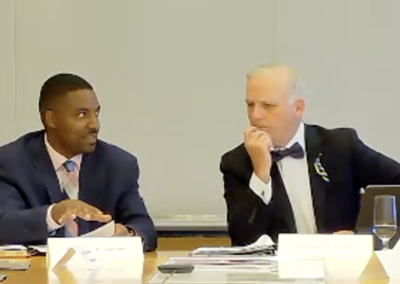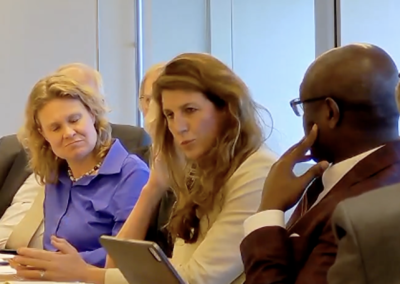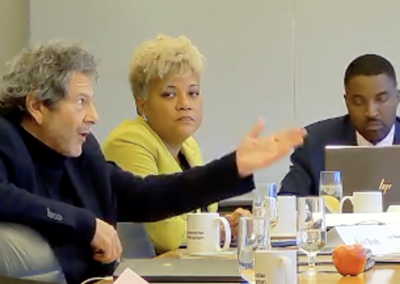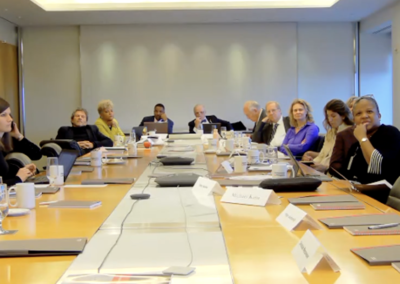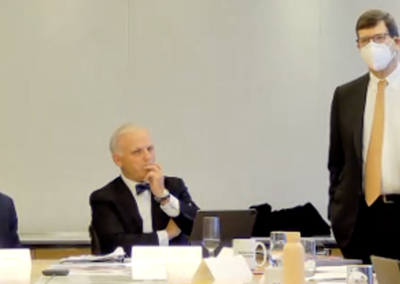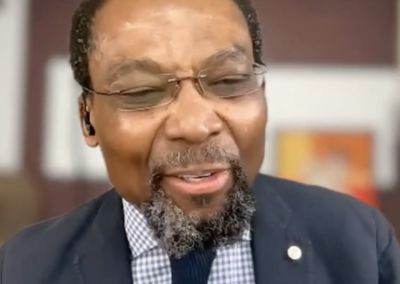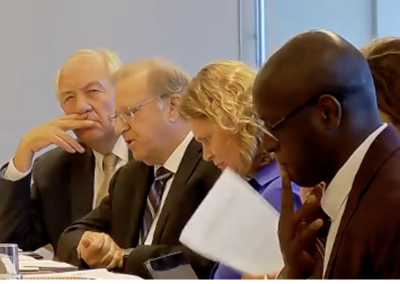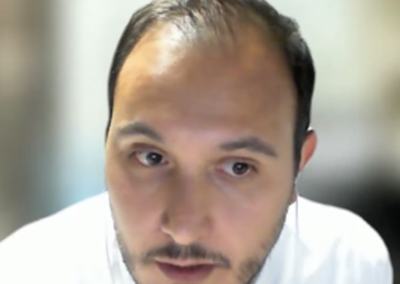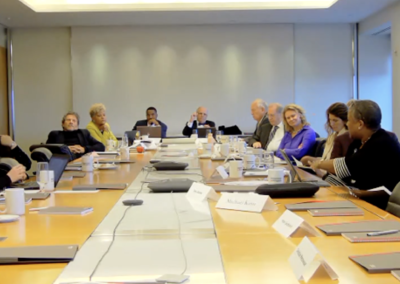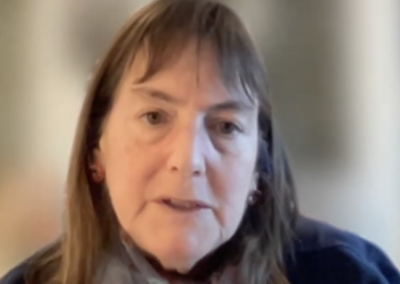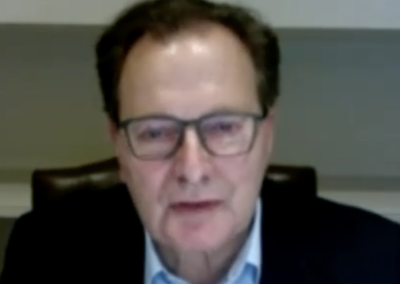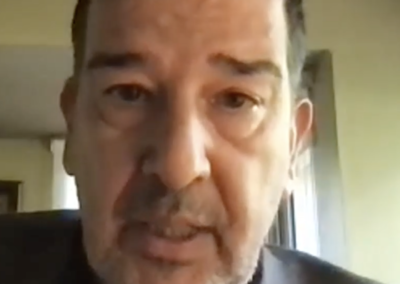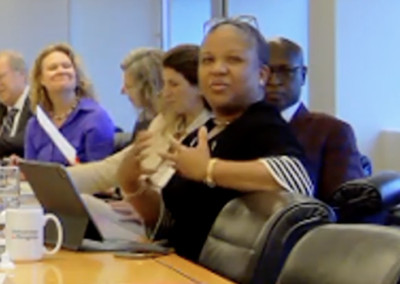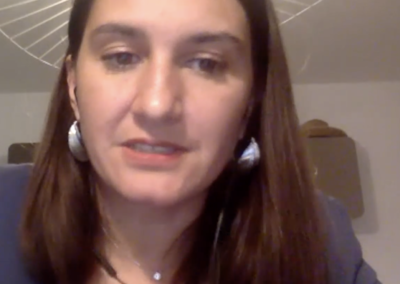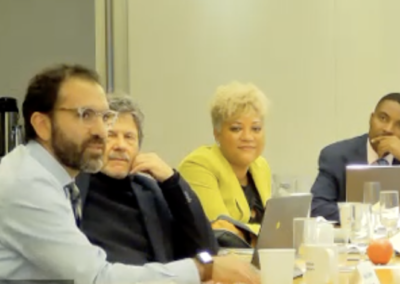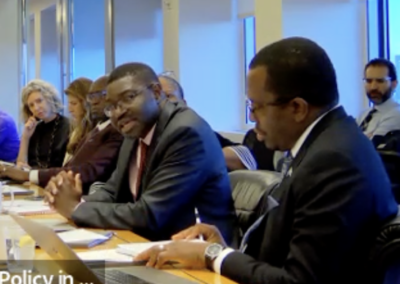Co-sponsored by the Center for International Law and Policy in Africa and the International Bar Association –and hosted by Debevoise & Plimpton LLP.
Tuesday, 25 October 2022, New York, and online (via Zoom)
The Center for International Law and Policy in Africa and the International Bar Association convened an interactive dialogue, hosted by hosted by Debevoise & Plimpton LLP, New York, on Universal Criminal Jurisdiction: A Key Tool in the Fight for Atrocity Crimes in Ukraine and Beyond? The discussion, as a side event for the 2022 International Law Week, centered around the ongoing conflict in Ukraine and reflected a range of perspectives from academia, State representatives, experts from the International Law Commission and global civil society. Register for online participation here.
Recent developments with the Russian Federation’s invasion of Ukraine have led to numerous calls to ensure accountability for alleged crimes committed during the ongoing conflict. In an unprecedented decision, over 39 State Parties of the International Criminal Court formally referred the Ukraine Situation to the International Criminal Court (“ICC”). They expressed hope that the Prosecutor will carry out investigations and prosecution of crimes that may fall within the subject matter jurisdiction of the ICC. The ICC Prosecutor thereafter announced an investigation into the Ukraine Situation, reminding parties to the conflict that serious violations of international humanitarian law may lead to prosecutions in The Hague for war crimes, crimes against humanity, and genocide. The UN Human Rights Council has separately established an independent investigative commission to examine human rights and humanitarian law violations in Ukraine. There are additional calls, from several quarters including legal academia, for the creation of an ad hoc tribunal to prosecute the crime of aggression which does not fall within the ICC’s jurisdiction in the Ukraine Situation.
At the national level, a number of European states have announced investigations of alleged war crimes committed in Ukraine. Some of them appear to invoke the principle of universal jurisdiction, though often citing to obligations under certain international conventions. Some of those same states, such as Germany, are among the few domestic jurisdictions that have carried out recent investigations of alleged war crimes in Syria and in other modern conflicts. The latter has led to the successful investigations and prosecutions in German Courts of a number of Syrian officials for war crimes.
The announcements of investigations into crimes allegedly committed in the Russian-Ukrainian conflict indicates the significance of the notion of individual criminal responsibility whether through international or national courts. As regards the latter, it may even underline the continued relevance and re-emergence of the universal jurisdiction principle. Yet, during the first wave of universal jurisdiction prosecutions led by Belgium, France and Spain in the early 1990s, states seem to get into friction with each other especially as regards the invocation of universality in respect of state officials and the question of their immunity. The question now arises whether, in the light of the recent developments in Ukraine, can universal jurisdiction not anchored in a treaty basis serve as a gap filler where justice may not otherwise be available.
This day long symposium engaged State representatives, academia, and civil society in an expert discussion of the universality principle and its promise, and limits, in international law. It provided a platform for experts in the Sixth Committee and members of the ILC on the opportunities presented by the Ukraine crisis set against the backdrop of the experiences and challenge of securing individual criminal responsibility for atrocity crimes under international law from Syria to Yemen, to Iraq, Tigray and beyond.

